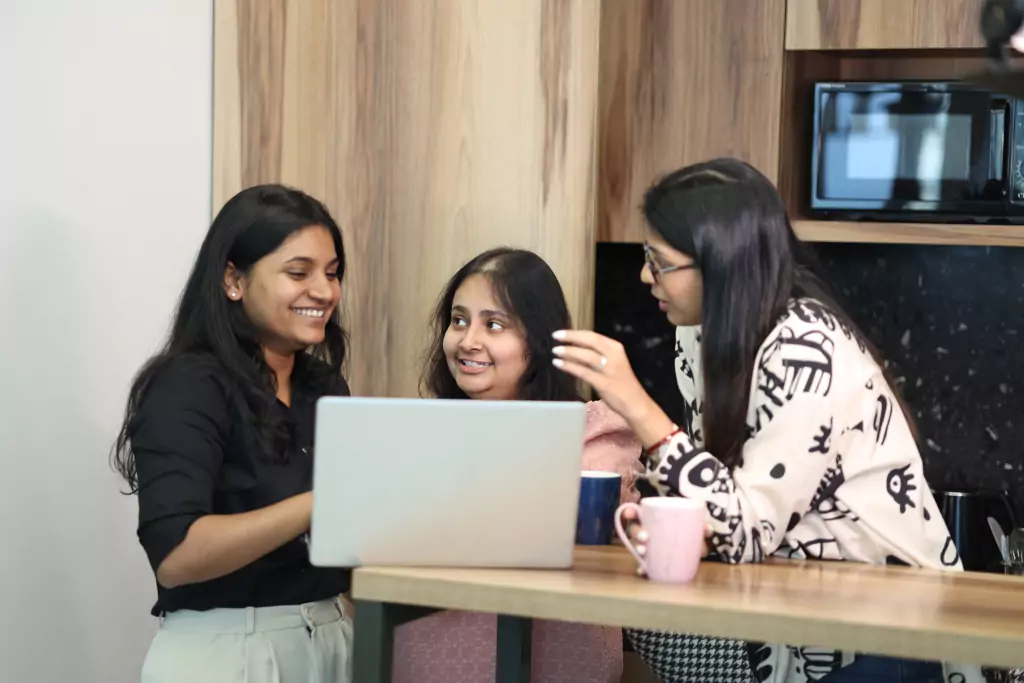METHODS
TRADITIONAL
Focus Groups
Our standard Focus Group Discussion involves 6-8 individuals and last about 1-2 hours
Each of these groups are designed to reflect the characteristics of a particular market segment. This is achieved through purposeful recruitment and according to the relevant sampling plan. These groups are conducted in centralized facilities that are completely equipped with research requirements.
These group discussions are led by trained and experienced moderators, who are adept at establishing a rapport with the group, provoking intense discussion in relevant areas and summarizing the group’s response.
A focus group discussion is relevant in studies, which require active contribution from each individual. This helps to gather data and build on each other’s thoughts thereby collecting robust data to analyse.
Some use cases for FGDs but not limited to these
- Advertising and communication evaluation
- New product idea
- Concept ideation and exploration
- Product positioning
- Brand equity
- Product extension ideas
We also conduct Extended Group Discussion, Mini Group Discussion, Extended Mini Group Discussion: an alteration to the traditional Focus Group Discussion. These methodologies are used as per the studies requirement, however, the larger reason for choosing any of these methodologies remains the same.
Depth Interviews
Aka one-on-one interviews or In-depth interviews is another traditional methodology used to probe and elicit detailed answers to questions. We typically use non-directive and projective techniques to unearth hidden motivations. These discussions take place in private, in the respondent’s home or a central venue (depending on the need from the study). These sessions usually last 1-2 hours.
With Depth Interviews we get an opportunity to explore and probe questions that go beyond the standard discussion guide. There is greater scope to understand the consumer and their psychology in detail.
This methodology is best suitable for
- Profiling
- Consumer understanding
- Laddering
- Triggers and barriers
- Mapping consumer journeys
The surrogate to Depth Interviews are Extended Depth Interviews and Couple Interviews
Ethnography
Ethnography is all about understanding people and culture with their habits, rituals and behaviour. Hence, while listed as a methodology, Ethnography for us isn’t purely a methodology, it instead is a way of thinking which helps unearth the relationship between the consumers and their world. We undertake Ethnography to translate observations to fit meaning and strategy to our Client’s brief. We conduct ethnography through various methods such as: digital mapping, shop along, hangouts, photo and video diaries, observation to name a few. These sessions could last anywhere between 4-6 hours.
Some use cases for Ethnography
- Consumer Profiling and understanding
- Exploratory studies
- Category understanding
- White spaces
- Behaviour understanding and mapping
- Shopping journey and behaviour
Workshops
Panels
Audit Panels
CATI/CAPI

Digital
- In-moment research
- Mobile ethnography
- Netnography
- Mobile audits / forensics
- Online communities & panels
- Mobile diaries
- Pre-tasks & post tasks
- Dial Testing
NEUROSCIENCES
Bioscience techs help us peep into consumer subconscious with greater accuracy. This enables us to probe consumers in more pointed manner to discover far more meaningful insights than is possible with just traditional methods

Introducing

Tools – Mobile App

DIGILIFE ENABLED METHODS
In Moment Research
Rich live data as respondents are experiencing the product or service. This methodology reveals insights that are otherwise lost due to time lag between experience and research. Further it allows us researchers to dwell further based on responses. The engagement can be at individual level or even group level

SPA EXPERIENCE

CONTENT/AD EVALUATION

WATCHING A SPORT
Mobile Ethnography
By respondents uploading photos and videos of respondents performing certain tasks. Further respondents can collaborate and reactions of respondents to other photos and videos, and consequent discussions provide deeper insights

COOKING

SHOP ALONG

LAUNDRY
Dragonfly CX/UX Framework (User Journey Mapping)




